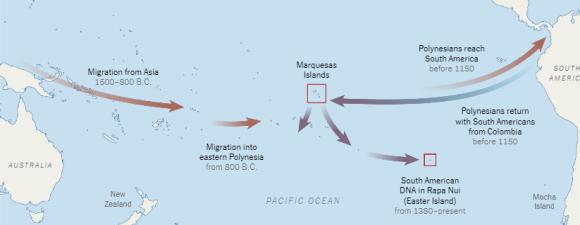
One possible route. Graphic: Jonathan Corum | Source: Nature
For decades scholars have argued over how the myriad islands of Polynesia came to be settled. Did the early settlers sail or drift on rafts from South America on the prevailing currents and then continue to sail westward? Or, did voyagers arrive from the east in double-hulled sailing canoes? If the settlers came from the east, did they ever reach South America in their epic voyages across the Pacific? Did Polynesians and Native Americans ever meet?
A study published in the July 8 issue of the journal Nature may have some of the answers to these questions. A team of researchers led by Alexander G. Ioannidis analyzed the DNA of 807 individuals from 17 Pacific island populations and 15 Pacific coast Native American groups. They found conclusive evidence of Polynesian and Native American contact around AD 1200, which was about the time of the settlement of remote Oceania. The Native American group was most closely related to the indigenous inhabitants of present-day Colombia.


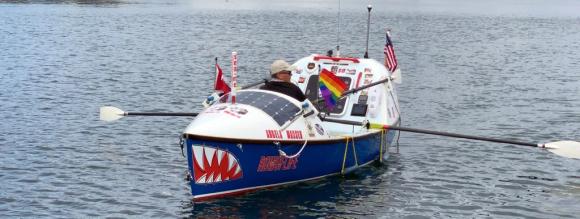 On April 24, Angela Madsen set off from Marina del Rey, California bound for Hawaii in the 20′ ocean rowing boat, Row of Life. A three-time Paralympian and a Marine veteran, her goal was to be the first paraplegic and at 60, the oldest woman to row the Pacific Ocean alone.
On April 24, Angela Madsen set off from Marina del Rey, California bound for Hawaii in the 20′ ocean rowing boat, Row of Life. A three-time Paralympian and a Marine veteran, her goal was to be the first paraplegic and at 60, the oldest woman to row the Pacific Ocean alone.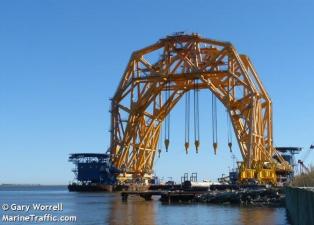 In September 2019, the car carrier
In September 2019, the car carrier 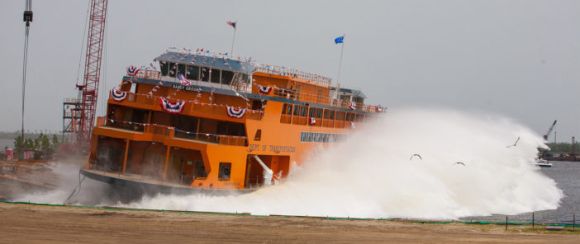 On Friday, June 26, 2020,
On Friday, June 26, 2020, 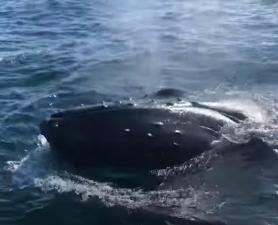 Two groups of fishermen had recent close encounters with humpback whales off the Jersey Shore.
Two groups of fishermen had recent close encounters with humpback whales off the Jersey Shore.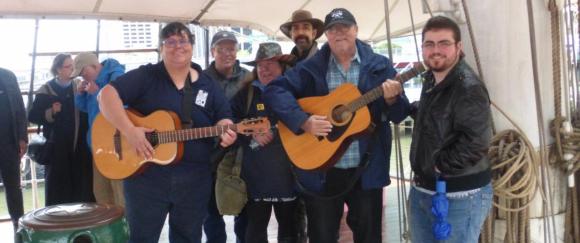 In May,
In May, 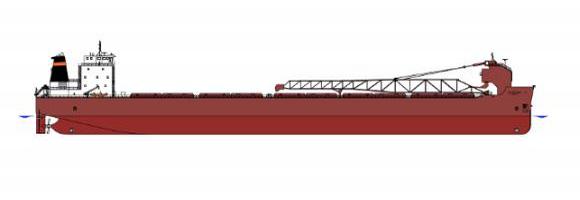 On June 23, the keel was laid for the
On June 23, the keel was laid for the 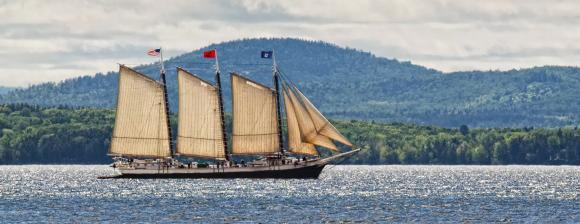 We recently
We recently 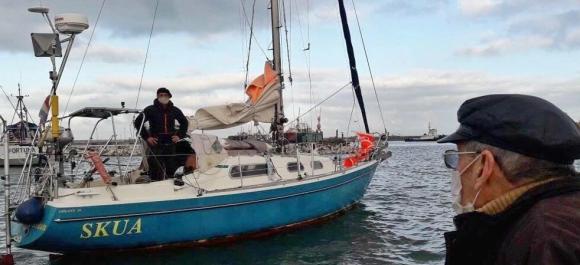 At the end of May, we
At the end of May, we 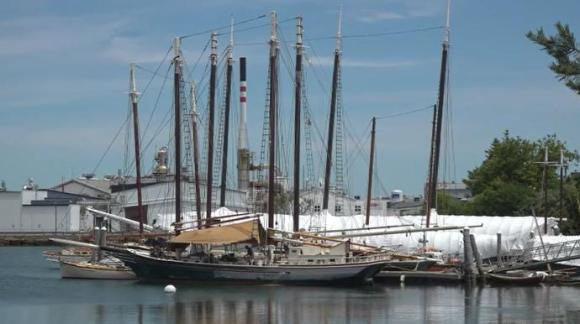 For decades, schooners referred to as “windjammers” have sailed up and down the Maine coast carrying vacationers from May to October. This year, however, the pandemic has delayed the season and there are concerns that it may not start at all.
For decades, schooners referred to as “windjammers” have sailed up and down the Maine coast carrying vacationers from May to October. This year, however, the pandemic has delayed the season and there are concerns that it may not start at all. 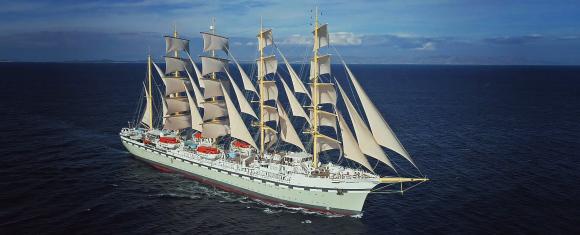 While this may not appear to be the best time to start a new cruise venture, if all goes well, in the Spring of 2021,
While this may not appear to be the best time to start a new cruise venture, if all goes well, in the Spring of 2021, 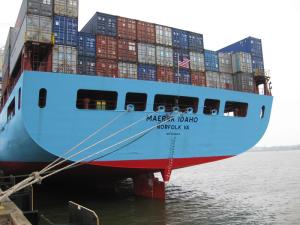 The 958-foot long, US flag container ship, Maersk Idaho is anchored off the coast of Virginia after several crew members tested positive for COVID-19. Maersk is working on a plan to evacuate the ship, bring the crew to a quarantine facility, clean the ship and then bring a new crew on board, said Patrick McCaffery, Maersk Line’s general counsel, as reported by the
The 958-foot long, US flag container ship, Maersk Idaho is anchored off the coast of Virginia after several crew members tested positive for COVID-19. Maersk is working on a plan to evacuate the ship, bring the crew to a quarantine facility, clean the ship and then bring a new crew on board, said Patrick McCaffery, Maersk Line’s general counsel, as reported by the 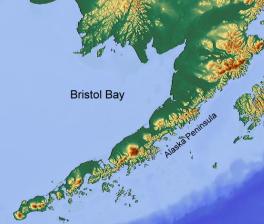 Every year, the Alaskan fishing industry attracts tens of thousands of migrant workers. In remote Bristol Bay, Alaska, between 10,000 and 15,000 fishermen come to work on the salmon boats plying the Bering Sea, while another 6,000 workers or so arrive to process the salmon brought ashore. Salmon fishing brings in $700 million each year to this remote, sparsely populated area. But, as reported by the
Every year, the Alaskan fishing industry attracts tens of thousands of migrant workers. In remote Bristol Bay, Alaska, between 10,000 and 15,000 fishermen come to work on the salmon boats plying the Bering Sea, while another 6,000 workers or so arrive to process the salmon brought ashore. Salmon fishing brings in $700 million each year to this remote, sparsely populated area. But, as reported by the 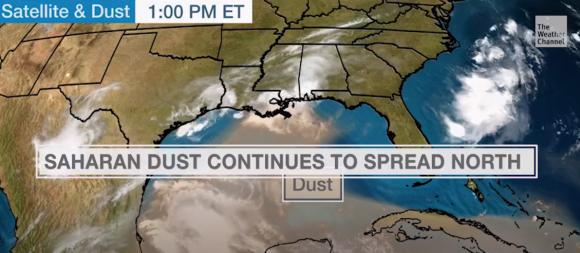 A huge cloud of desert dust has blown off the Sahara and is bound across the Atlantic Ocean heading toward the United States. While dust plumes are not uncommon, this plume is exceptionally large and dense with the highest concentration of dust particles observed in
A huge cloud of desert dust has blown off the Sahara and is bound across the Atlantic Ocean heading toward the United States. While dust plumes are not uncommon, this plume is exceptionally large and dense with the highest concentration of dust particles observed in 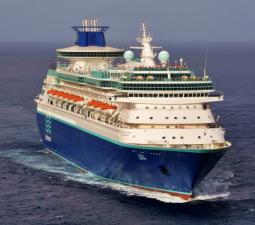 Pullmantur Cruceros, a joint venture between Royal Caribbean and Cruises Investment Holding, has
Pullmantur Cruceros, a joint venture between Royal Caribbean and Cruises Investment Holding, has 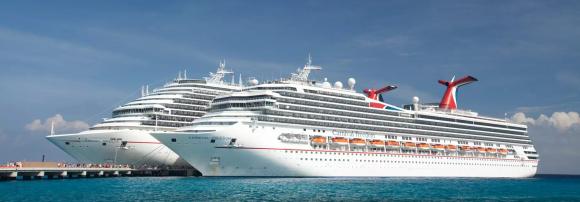 In mid-March, the Cruise Lines International Association (CLIA) announced that the major cruise lines were
In mid-March, the Cruise Lines International Association (CLIA) announced that the major cruise lines were 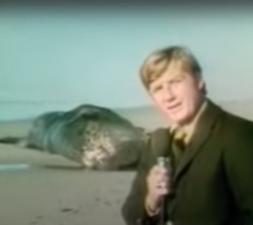 Fifty years ago this November, the residents of Florence, Oregon
Fifty years ago this November, the residents of Florence, Oregon